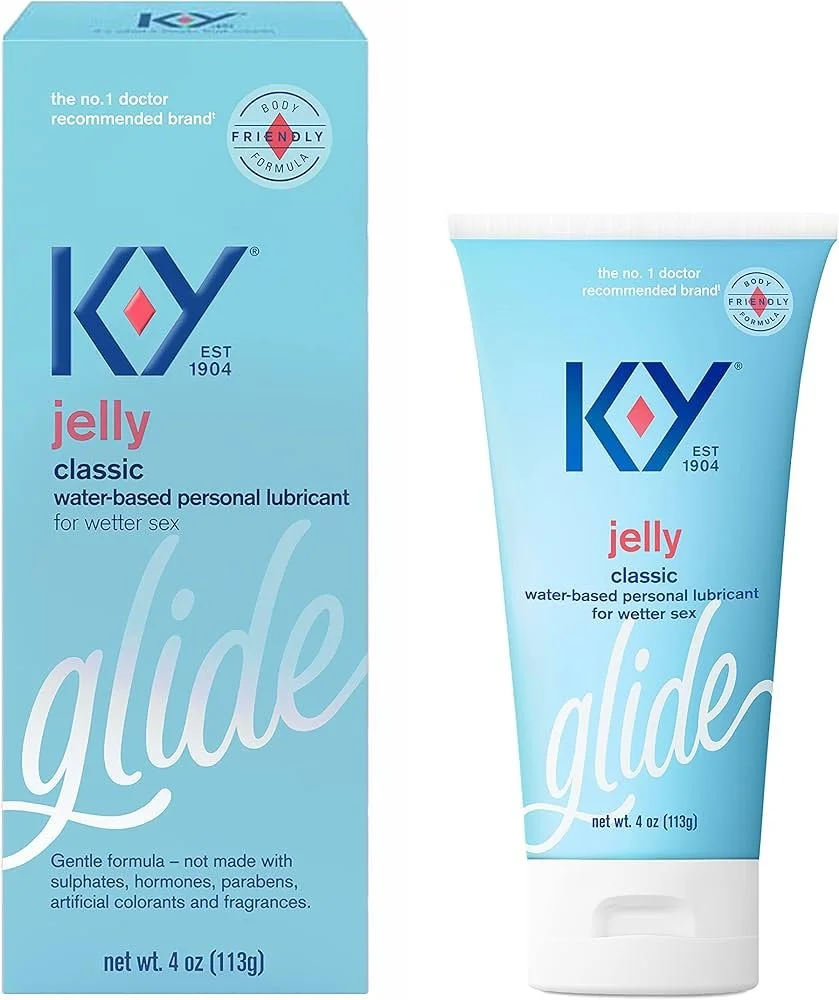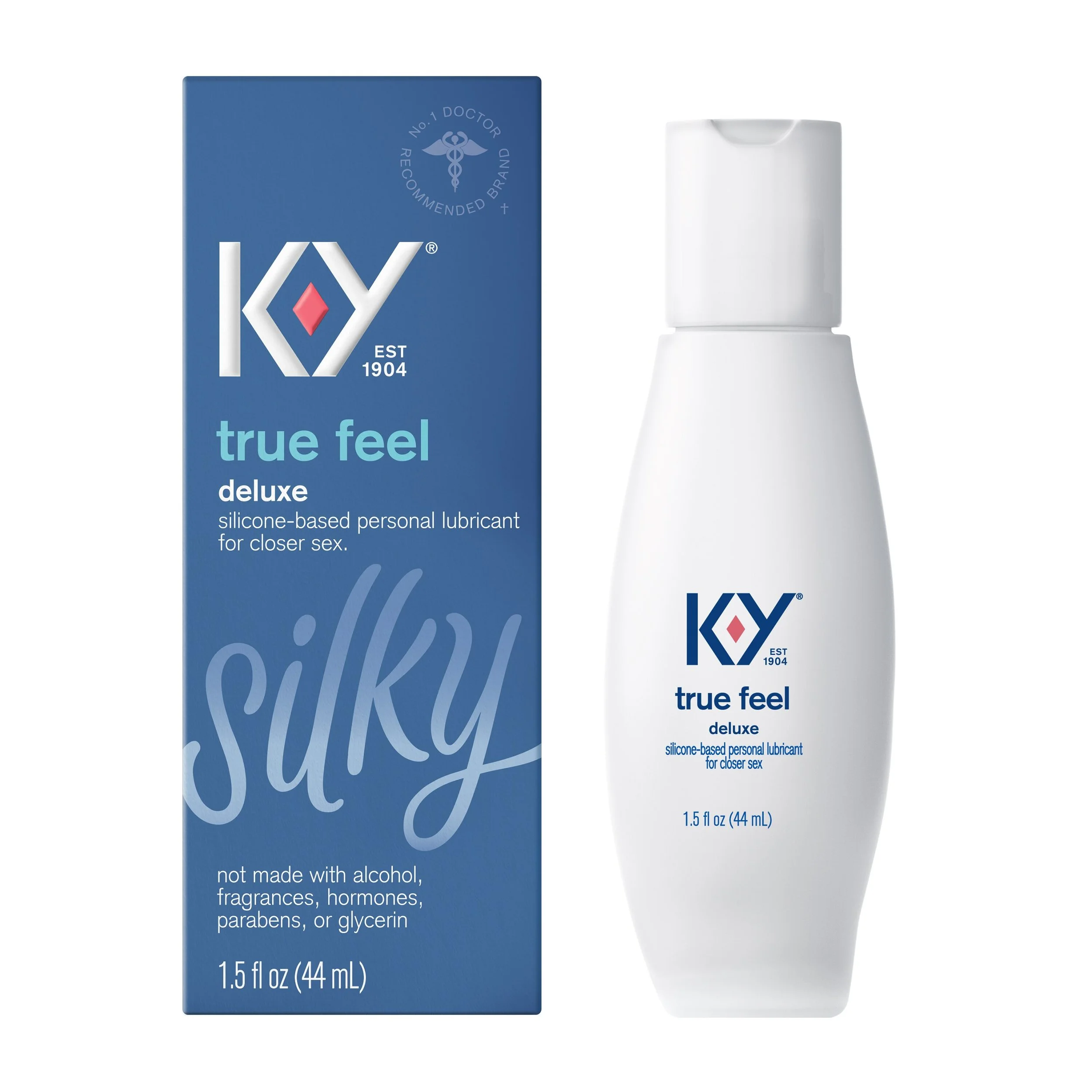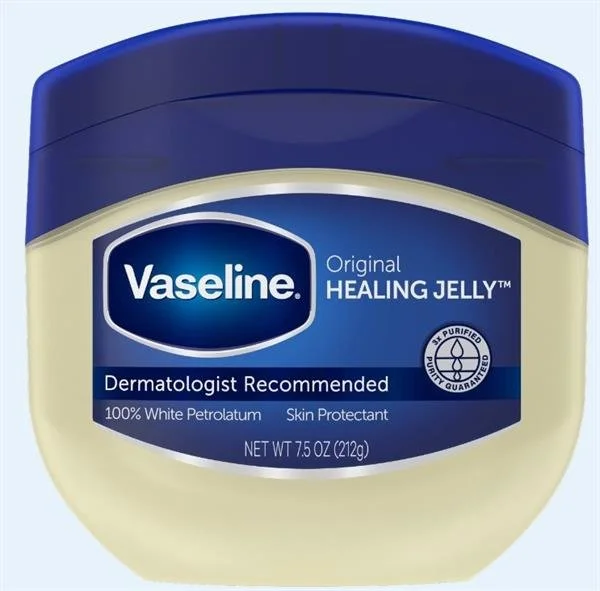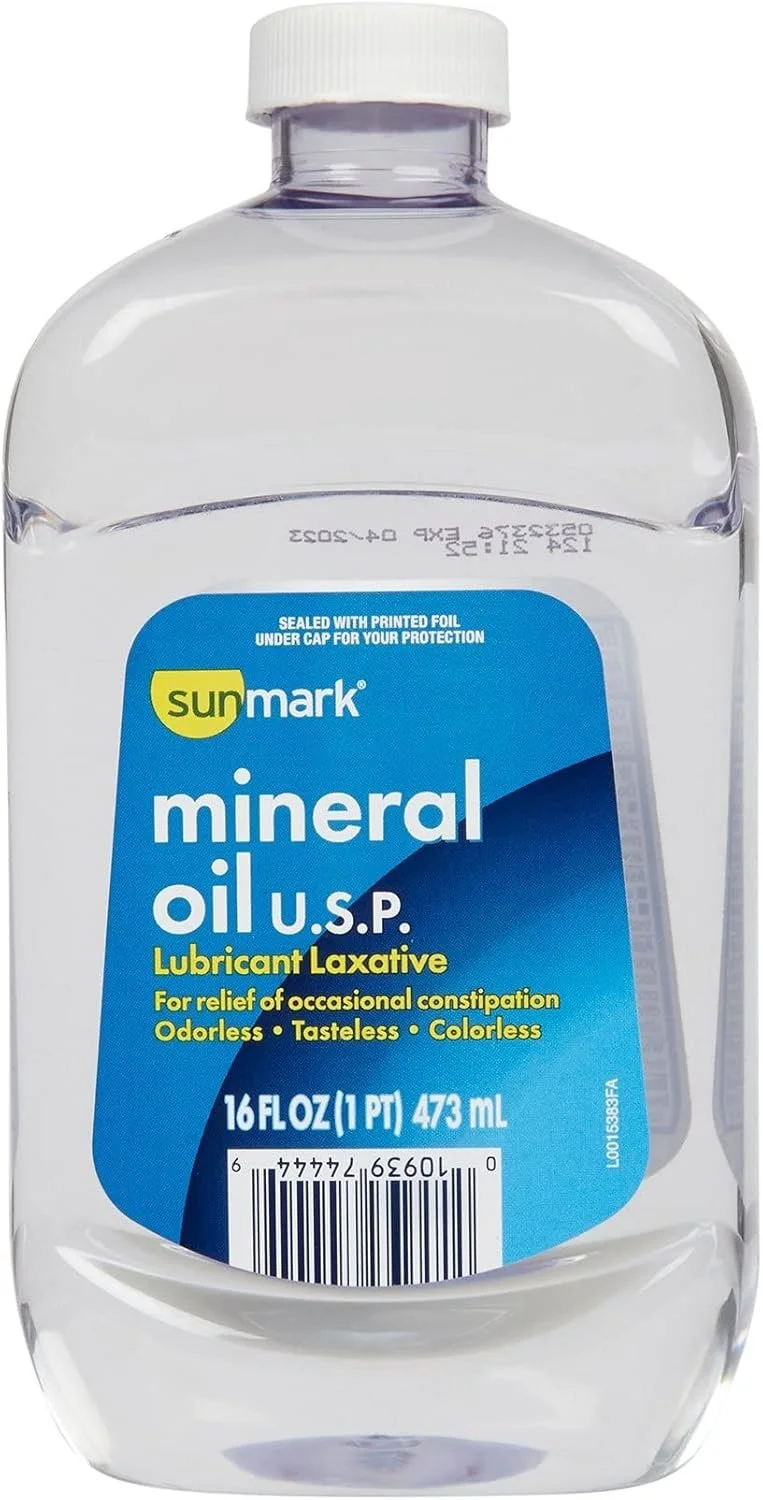Sexual Health and IBD
Frequently asked questions about sex and IBD as an LGBTQ+ person, navigating sexual activities and life with perianal/rectal IBD or fissures/fistulas
‘Bottoming’ or having anoreceptive intercourse (anal) while in an active flare/perianal disease - what to do?
Using Fleet/saline enemas - are these okay?Amyl nitrate/’poppers’ - can I use these?
Bottoming and IBD
Prep for bottoming often involves using things like loperamide (Immodium), enemas, eating a high fiber dietwhich can be a big no-no in IBD (every person is different!), so be sure to double-check with a trusted care team member if taking things like Immodium and other prep tools such as anal douches is safe for you.Using Fleet enemas/douching too much can irritate your inner rectal mucosa, making it more friable or delicate- too much of anything can be a bad thing, so be careful not to do too much (everything in moderation!)
Saline (Fleet, etc) is the ideal enema to use - your body, and butt, have a very delicate balance of electrolytes that can get out of balance if you use the wrong equipment. Think about colonoscopy prep - it’s a bunch of electrolyte water!
NEVER use anything from under the kitchen sink like bleach, rubbing alcohol, or above the kitchen sink like olive oil to douche. That would hurt your butt quite a lot.
If you notice pain, bleeding, or unusual soreness/weeping when prepping or bottoming (engaging in anoreceptive intercourse) pause what you are doing - you may need to recollect, try a gentler approach, or have a check-in with your physician.
This applies for everyone - not just IBD-ers - sex shouldn't hurt and you shouldn't bleed!
If you are you just coming out of a flare, t ry other positions or ways of being intimate while your bottom or rectum is healing - save those bottoms!
You won’t have an enjoyable time if you are suffering through or in pain- but there is one piece of advice for bottoming/anal sex that is most important of all - I cannot stress enough -
LISTEN to your body and COMMUNICATE with your partner!
Never let anyone make you feel less than as a partner because of your IBD. You deserve to be respected and cherished as you are. This disease is tough, but you are tougher.
If there is significant inflammation in your anorectal area, anoreceptive intercourse increases the risk for trauma to the area and can increase pain.
IBD is often associated with being on immunosuppressive medication (biologics, etc). Protection is important as well as being proactive about testing for STIs. If applicable, you may consider talking to your doctor about starting PrEP.If you begin to notice blood or experience pain - it may be time to take a break from bottoming/anoreceptive intercourse
‘Douching’ too frequently and using products with excessive additives in areas of pre-existing inflammation can lead to bleeding and irritation
Amyl nitrite/poppers act as a vasodilator and can have harmful side effects, such as methemoglobenemia, and can lower your blood pressure * a lot* and cause a rapid spike in heart rate. Be very careful when using and make sure someone is with you. Please be safe!Lubricant is your friend! I cannot emphasize this enough.Be aware of what base your lubricant is made of though - silicone, water, oil, etc. Silicone-based lubricants can damage silicone products but are safe to use with condoms. Oil-based lubricants/oil-based lube will lead to condom breakdown! This can lead to an increased risk of STIs. PLEASE don't use anything like cooking oil, etcALWAYS use a flared base for anything going in behind - this applies for everyone, not just if you have IBD!
Foreplay is important! Being turned on will help you/your butt and anal muscles relax.Foreplay also triggers physiological and physical responses (releasing oxytocin, serotonin, etc that lower cortisol) that make the sexual activity enjoyable and possible!
IBD and Colorectal Surgery
Common colorectal surgeries in IBD ( not limited to!)
Total proctocolectomy with end ostomy (Barbie Butt/Ken Butt): Everything comes out (e whole colon, rectum, and anus )Total abdominal colectomy or total proctocolectomy with J pouch reconstruction: leaves in some rectum and anus.leal pouch anal anastomosis (internal J-pouch surgery in Ulcerative Colitis, in Crohn’s disease, a surgeon may perform an ileostomy). You may have a temporary or permanent ileostomy.
Sex and Total Abdominal Colectomy with J-pouch Reconstruction (J-Pouch Surgery)
Total colectomy with J-pouch reconstruction (J-pouch surgery) leaves some parts of the rectum and anus.Since J-pouch surgery leaves parts of your rectum and anus, anal sex can still happen after post-op healing!As always, it is important to remember to go slow, start small, and use lots of lube.Stop if anything hurts or feels wrong! You may need to re-asses what is most comfortable to you and works best *safely* post-op. You can't have a good time if you are hurt.Anal can still be pleasurable but may be an adjustment and feel different from before surgery - you and your partner may have to try out different things to find what works best for you post-surgery.
Sex and Stomas
If you are concerned about the bag leaking during sex, empty or change it beforehand.Some companies make and sell stoma covers and lingerie designed for stomas - this can help you feel more confident!
Please DO NOT use your stoma for sex. Bowel tissue is very fragile and can be easily damaged and can become infected
Sex after IBD Surgery in General
Your IBD team will likely give you specific advice to your disease state and surgery, but things can be different after surgery.
Certain positions may not feel as comfortable as before, and that is completely normal - 1 in 3 people changed their usual sex positions after colorectal surgery.Sex positions may feel different for a number of reasons:You may have scar tissue (adhesions) inside the pelvis, causing painSurgery may damage nerves, affecting how things feel when you have sex.Surgery can also make your skin more or less sensitive.If you have a penis, you may have difficulty getting and keeping erections after pelvic surgery.
These are all important things to bring up with your healthcare team before and after surgery to make sure they can address them!
Sex and Total Proctocolectomy With End Ostomy
Some people in their IBD journey may need a surgery called a Total Proctocolectomy With End Ostomy (sometimes called the Barbie Butt or Ken Butt surgery)This is an irreversible surgery where the whole colon, rectum, and anus are removed and people get an end ostomy - because of this, anal sex is no longer possible.
This may be difficult for you if you enjoy/prefer anal sex or bottoming above other forms of sex - and that is totally understandable!
After a procolectomy, how you enjoy sex may have to change, but it doesn’t need to end - you may need to renavigate what works best for you.
Don’t take it as a hard end to your sex life! Things may be different, but it will be okay.
Chemsex after Flares or Surgery
If coming out of a flare or at the tail end, or after surgery, it is very important to be mindful of when or how to have chemsex.Right after a flare or after surgery, you want to be especially in tune and aware of how things are feeling because things may be different, changing, and you may be still recoveringChemsex will likely lower your ability to be ‘in tune’ with how these things feel, which could make it easier for you to unintentionally get hurt. Please be thoughtful and safe when considering using and make sure you are with people you trust.
These are discussions to have and important things to bring up with your colorectal surgeon and gastroenterologist when you feel comfortable post-surgery - they will help you navigate these challenges. If you’re finding it hard coping with these changes. You are strong and will get through it!
Infection Prevention and IBD
Having IBD can increase our risk of infection - even if you don’t have IBD, it’s important to stay on top of these things too!
Sexually Transmitted Infections (STIs) and IBD
If you have IBD or not, staying on top of STI testing is important!
However - with IBD, particularly if you enjoy receiving anal sex or bottoming -some STI symptoms are very similar to symptoms of Crohn’s and Ulcerative Colitis.
If you start to get symptoms like bleeding, discharge, itchiness, or pain in your bottom, especially after sex, it’s worth visiting the clinic or letting your IBD team know. This way they can check for STIs that may cause these symptoms, and run the same IBD tests we know and love (fecal calpro, CRP, rectal exam - the works!)
For example: both Ulcerative Colitis and Crohn’s can cause proctitis, but some STIs can cause infectious proctitis (Inflammation of the rectum caused by an infection) These can both have similar symptoms and mimic each other so when in doubt, test it out
If you aren't comfortable going to your GI or PCP about these concerns, many places have free or low cost sexual health clinics that are more than happy to help with this exact thing. You got this!
Herpes (HSV/Herpes Simplex Virus)
Herpes is VERY common and nothing to be embarrassed about!
There are two “types”: oral (cold sores) and anogenital (around the bottom and genitals)You are most infectious when you have symptoms, such as blisters or cold sores, but can still be infectious if you aren’t having symptoms yet.
.Once you’ve been infected symptoms like cold sores can come back , this stage is still infectious!
Triggers of recurrence are similar to how our IBD - things such as stress, fevers, illnesses or hormonal changes, physical trauma (dental procedures, etc) and - a big one for us - suppression of the immune system
The good news is there are antivirals to help with herpes cold sores flares, and if they happen too frequently, there are options for daily antivirals!
Do avoid kissing, sharing utensils, etc if you are actively in a cold sore or herpes flare-up - it spreads easy!
Oral Contraception Pills (OCP) and IBD Symptoms
If your IBD symptoms cause frequent vomiting and diarrhea, your birth control may not be as effectiveIf you are having frequently loose stools/diarrhea or vomiting while taking the pill, you may want to talk to your provider about an alternative contraception prevention option to make sure you are 100% protected.
HPV (Human Papillomavirus)
HPV is the cause of over 90% of anal cancers, and a major cause of cervical cancer, oropharyngeal cancer, penile cancer, vaginal cancer, and vulvar cancer.However - the GREAT NEWS is that there is a safe and extremely effective vaccine we can take!
The HPV vaccine is offered to all teenagers and young adults 11- 12 and above (in the US, other countries may vary) This helps to protect us against certain cancers such as the ones above!
Talk to your doctor about getting vaccinated - there are programs specially designated for men who have sex with men, too.
Condoms and What to Not Mix
-
Water Based Lube - Compatible with Latex Condoms
Water Based Lubcriant is the best option!

-
Silicone Based Lubricant
- Will Degrade Latex Condoms
Avoid using silicone lubricant with latex condoms as condom breakdown can lead to increased risk of infection.

-
Petroleum Jelly
Same principle as silicone based lubricant - will degrade the latex in the condom.

-
Mineral Oil
Contact with mineral oil greatly decreases condom strength and integrity. Stick to water-based lubricant!

Safe Practices
How to live your best life without compromising your bowel health!
Always, always, always listen to your body - if something doesn’t feel right or feels off - pause and reevaluate!
Have honest and open communication with your partner - in a flare, let them know you have more limitations and may need to change what you do (go slower, no bottoming, etc)Before using amyl nitrate/’poppers’, talk to your physician or a healthcare professional - these can have seriously harmful side effects and be very dangerous if you have an underlying cardiac condition, and are generally unsafe even if you have no health conditions
Poppers may seem harmless, but when living with IBD we have to be careful with things hat may hurt our heart. Please be careful and try not to use these.You are your own best advocate - advocate for what is best for you/works best for you, and communicate about what is painful or uncomfortable
If having anoreceptive intercourse (bottoming/anal) during/right after a flare, take it very easy - the swelling and inflammation in the area can cause things to be much different from how they 'normally' are. The tissue in the area may be more sensitive as you are recovering, so it's important to take it easy.Be mindful of what lubricant you use - oil-based lubricant will lead to degradation of latex condoms, which can lead to an increased risk of STIs
As mentioned before, IBD is an autoimmune disease and predisposes you to infection. In addition to already practicing safe sex (condoms always!), consider talking to your doctor about PrEP (if applicable)If you start to notice blood, pain, or unusual discomfort, stop and reassess. If you have perianal Crohn's or Ulcerative Colitis active in the anorectal area, bottoming may not be a great idea until the inflammation is decreased.
I know it may seem really boring, and no fun at all, but your health in the long run is the most important, and it may mean not bottoming for a little bit until your IBD is better.Take care of yourself before and after!
Be kind to your butt! Aftercare is important for everyone, especially if you have IBD. Wash with gentle unscented soaps (Cetaphil, etc) but never use soap INSIDE your rectum/anal area - only on the outside!! This can dry out and irritate the rectum area.Coming Soon: PrEP and DoxyPrEP
Currently, there are no explicit contraindications or interactions between common HIV Pre-exposure Prophylaxis (PrEP) medications such as Truvada and IBD therapeutics (Stelara, Entyvio, Methotrexate, Sulfasalazine, etc).This does not mean you should not check in with your GI doctor or a trusted healthcare professional before starting PrEP! I know I sound like a stick in the mud, and a broken record - but everyone has a different health journey.
Some people with IBD may need a little extra blood work than people without IBD before starting PrEP - just to make sure your liver and kidneys are all good to go.
For example, if you have a comorbid liver condition or extraintestinal manifestation (EIM) like primary sclerosing cholangitis (PSC), it is important to talk to your gastroenterology and hepatology care team and discuss wanting to start PrEP.This doesn't mean that if you have a liver condition or history of elevated or abnormal liver enzymes you should never talk to your doctor about PrEP - it is just very important to monitor these things so your liver stays strong and healthy!
PrEP is overall a very effective and safe medicine, it is just important to make sure it is safe for you too!
It is very important to stay on top of infection prevention measures when having IBD, especially on biologics or steroids and things like PrEP are a great way to do that. (and get you flu shot, COVID shot, etc)
Coming Soon: PrEP and DoxyPrEP
P
Check back in soon for more information about DoxyPrEP!In the meantime, please contact a trusted physician if you have questions!
